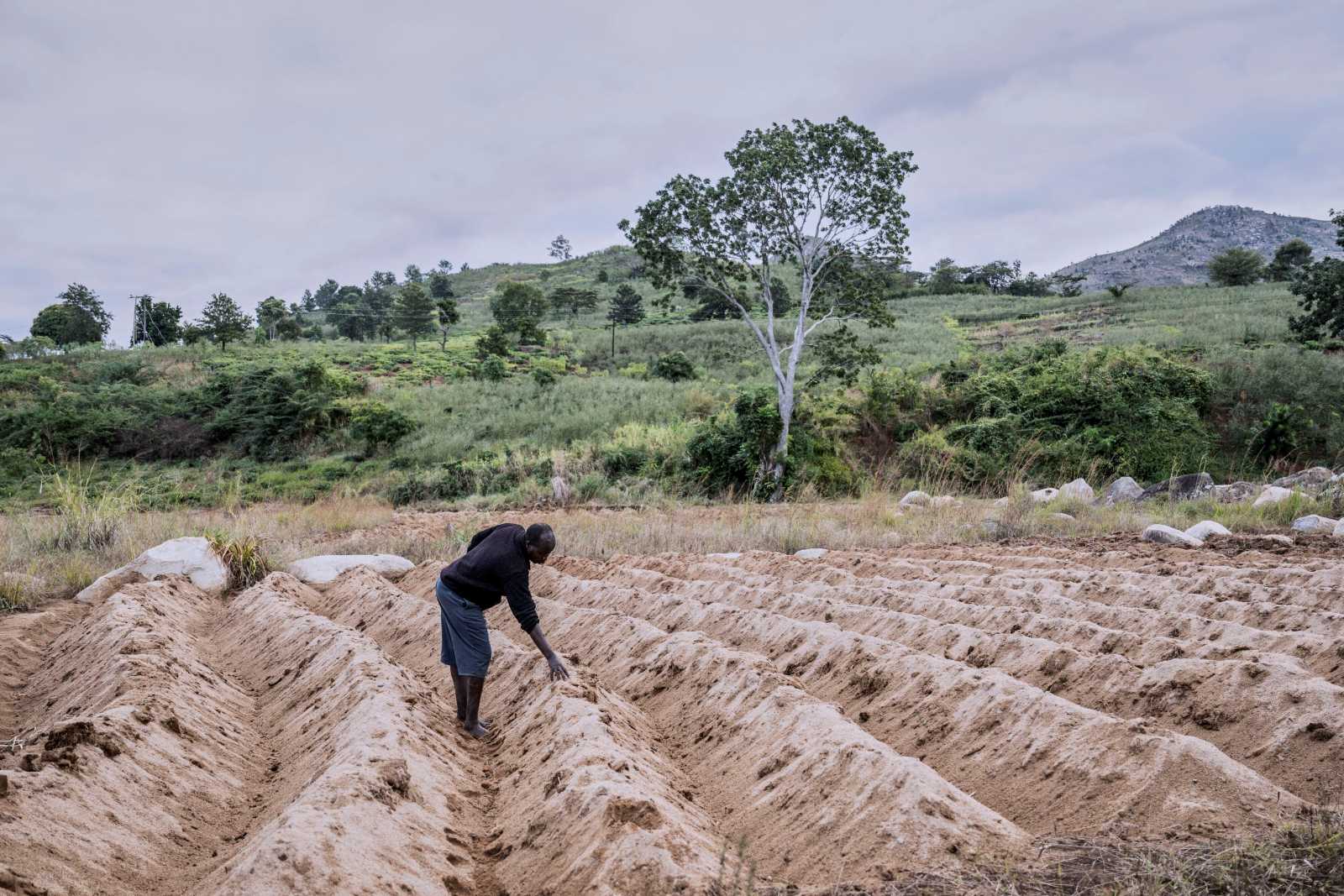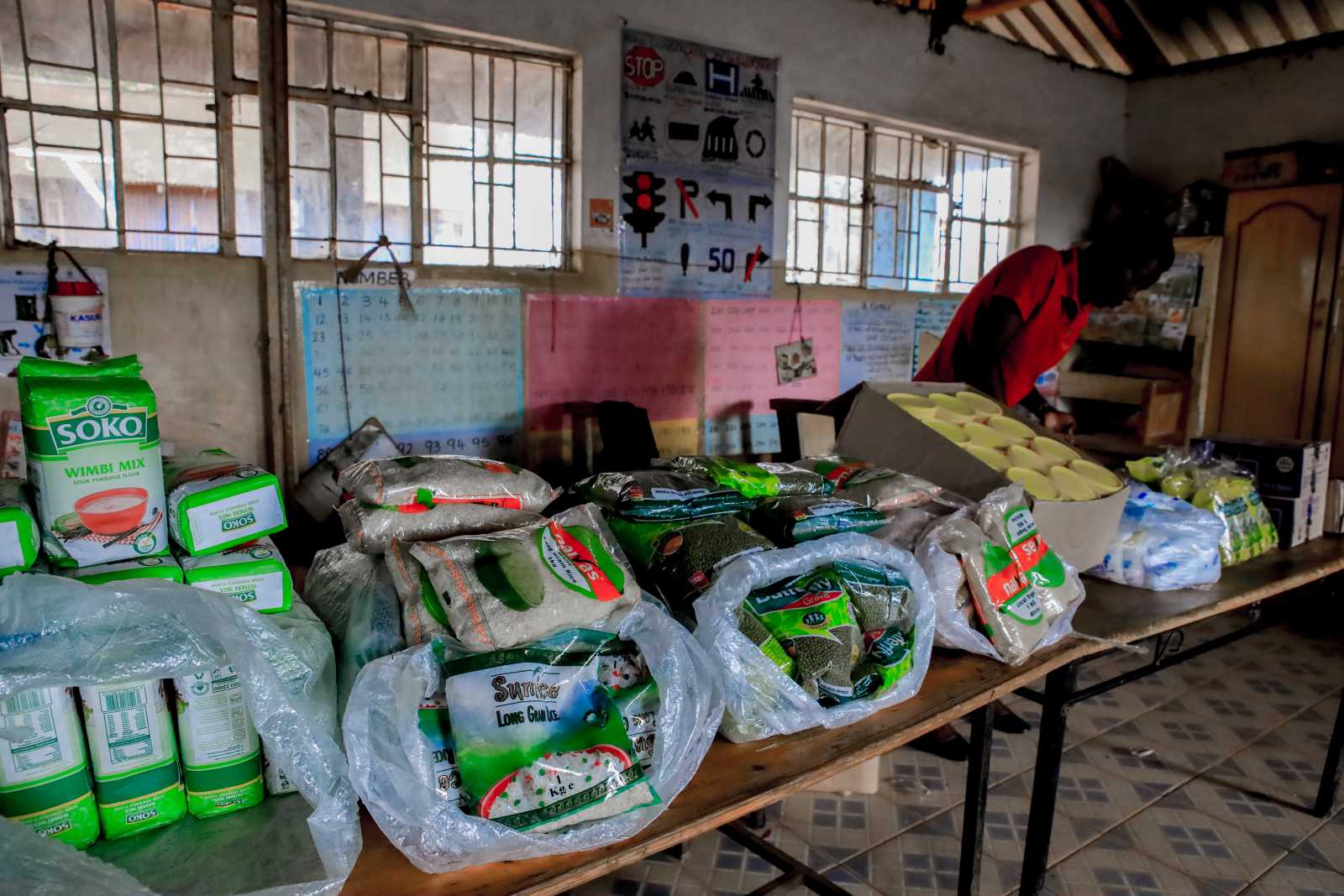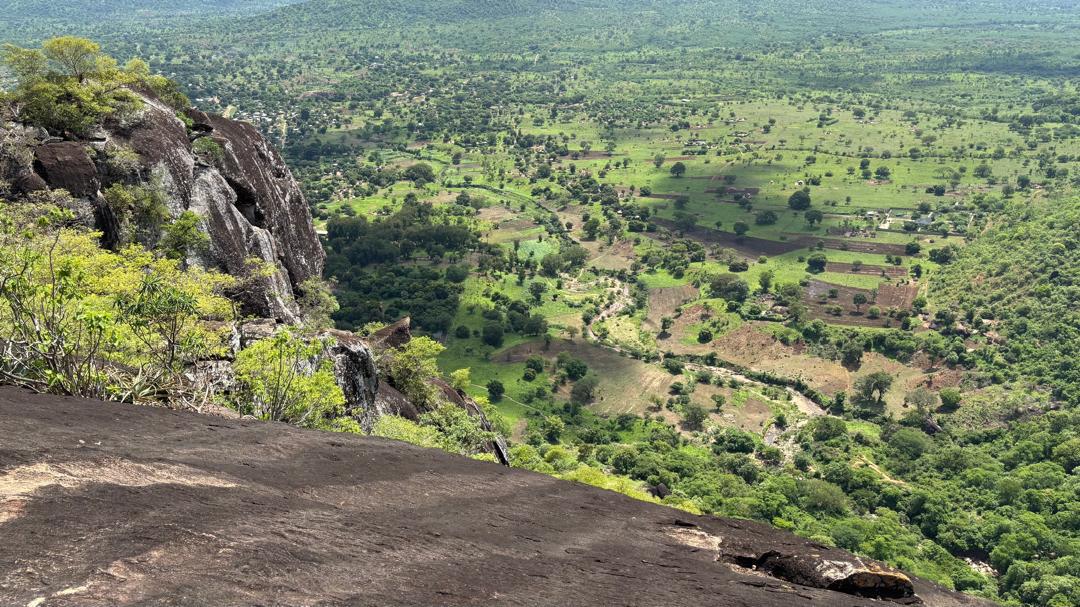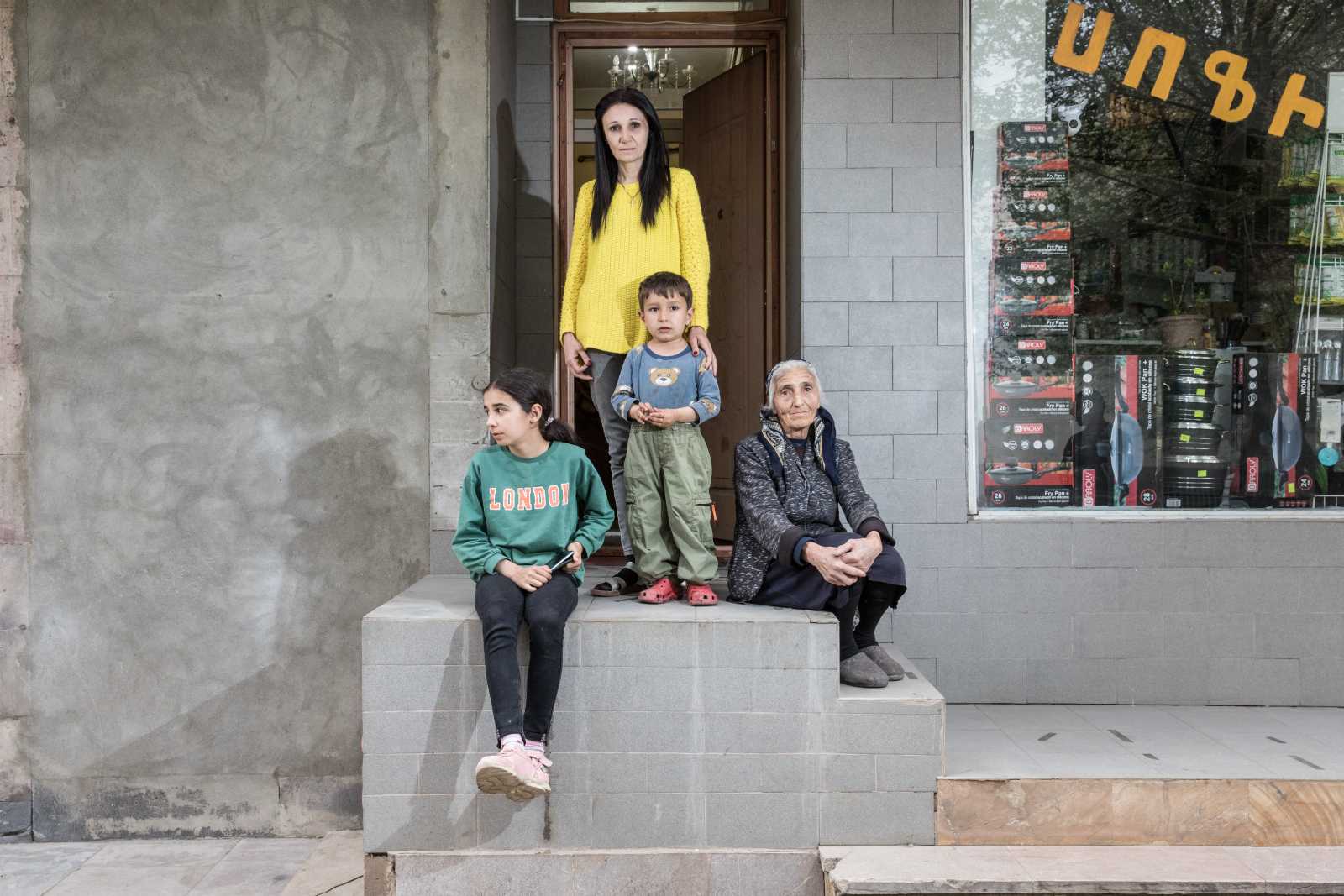Technology industry
Making Africa a better place

Why does Kenya’s Silicon Savannah need global links, for example to Silicon Valley in the San Francisco Bay area or Silicon Plateau with its centre in Bangalore, India?
Kenya’s so-called Silicon Savannah is still in its nascent stages, compared with the two tech-industry centres you just mentioned. The term Silicon Savannah itself results from the comparison. It became popular in the past decade after world-famous digital solutions were started here or gained ground here. Examples include M-Pesa, which made it possible to transfer money by mobile phones, and Ushahidi, a system that allows many people to cooperate on a single website to compile information. To further strengthen the tech industry in Kenya and accelerate its growth, the innovation scene here needs global links to other start-up ecosystems. In an increasingly globalised world, it would be counterproductive not to have such links in order to share insights, identify market trends and cooperate on various projects.
What are those links: assignments, cooperation projects, foreign direct investments?
Different things matter in different ways. Four aspects are especially relevant:
- First of all, skills and knowledge transfer: the nascent Silicon Savannah can and must learn from other tech ecosystems. This includes best practices, model policies, but also avoiding typical pitfalls and more. Infusing skills from other tech ecosystems is useful in training and mentoring the talent in our emerging system. Most of them are young and learn fast.
- Second, funding: there are various approaches. Grants help, for instance for innovations, and so do various kinds of investments, from venture capital to private equity through to impact investment, which does not only focus on profitability but takes social progress into account as well. Local capital is not easy to mobilise, and many Kenyans are still shying away from investing in the tech sector. So funding from global partners has been very useful in terms of catalysing growth.
- Third, subsidiaries of multinational companies: tech giants have been setting up local offices here. Many of these offices serve as entry points to Africa. They are regional or even continental headquarters, which proves that foreigners understand the potential of Silicon Savannah. Relevant multinationals include Google, Intel, IBM, General Electric and Philips, to name a few. Their offices hire Kenyan staff and contribute to skills development.
- Finally, cooperation and partnerships: many of the aforementioned companies are engaging in partnerships with local institutions, initiatives and organisations, which again is strengthening our local ecosystem. General Electric, for instance, has not only partnered with local universities, but also with Seven Seas Technologies and Gearbox, two leading Kenyan technology companies. Google, Intel and IBM have similarly partnered with various local universities or innovation hubs, such as the famous iHub. Such cooperation helps to train and harness talent.
What impacts does Silicon Savannah have on Kenya’s economy and – ultimately – average Kenyans‘ lives?
It is anticipated that the digital ecosystem in the country will contribute up to eight percent to gross domestic product by next year. Policymakers see great potential. The Silicon Savannah start-up environment has been creating jobs and generating economic value, and it is set to continue doing so. The impacts to average Kenyans’ lives vary. The story of M-Pesa and its impact on financial inclusion is noteworthy and well known. It has improved lives all over Africa. Other innovations in various sectors, including energy supply and agriculture, have useful impacts on beneficiaries too. Even failures are useful sometimes in the sense of teaching innovators to improve their performance and get a better idea of how to develop products and services for African communities.
Is Silicon Savannah developing African solutions for African problems, or is it working on global issues?
It depends, both are happening, and there is such a thing as African solutions for global problems. Consider Ushahidi, for example, which was designed in a political crisis to facilitate communication and document post-election violence. The system has since been adapted to various issues in many countries around the world. Other strong solutions are emerging from Silicon Savannah. M-KOPA Solar and Strauss Energy are providing new and affordable options for sustainable power supply. Twiga Foods offers small and medium-sized vendors a supply platform in African urban markets that is mobile-based and cashless, and M-Farm provides market-relevant information to farmers.
These approaches make sense in Kenya, other African countries but also in many other places. Sometimes a Kenyan innovation is accepted fast by the global business community. An exciting example is OngAir. This company has built an integrated platform that businesses can use to transmit messages via Facebook, Twitter, WhatsApp and other social media. It is a very important marketing tool that global brands like Coca Cola and Heineken are using.
What kind of educational foundation is needed to be able to become part of the globalised IT business?
This is a crucial policy question. The IT sector, globally, requires technical skills such as coding, engineering et cetera, so formal academic education matters. It is telling that multinational corporations are teaming up with Kenyan universities in this context. They want to ensure that students learn what tech-sector companies need. But the sociocultural understanding is important too. I would say that a key foundation is curiosity about the world around us, and how to leverage various technologies to address them. After all, technology is an enabler or amplifier.
To what extent does international exposure motivate and inspire digital professionals in Kenya?
Well, to some extent, the international exposure that Kenya’s technology ecosystem has enjoyed is a double-edged sword. On the one hand, it is a key motivator, and some innovators and companies have benefited greatly from such exposure. The reason is that they were in a position to market a product or a service, and that has propelled them forward. On the other hand, international exposure in its various forms has created something of an attention economy, with tech professionals looking out for what seems to be trendy. The risk is that they focus more on style than substance. At the individual career level, people who, thanks to their skills, were able to plug into tech networks, have benefited substantially. Many now work in positions of leadership, both in local and global tech companies.
Do Silicon Savannah professionals want to migrate to OECD countries?
I believe that most actors in Silicon Savannah are motivated to build capacities for the country and the continent. The idea of migrating to OECD countries is not the reason why they are working hard. While occasional trips to events and conferences or further studies might be something people are keen on, I don’t know of cases where people have then aspired to migrate. At the core, this is a generation that is keen on making their country and continent a better place.
Nanjira Sambuli is an analyst and researcher.
email@nanjira.com
Link
The Kenyan start-up OngAir:
https://ongair.im/











